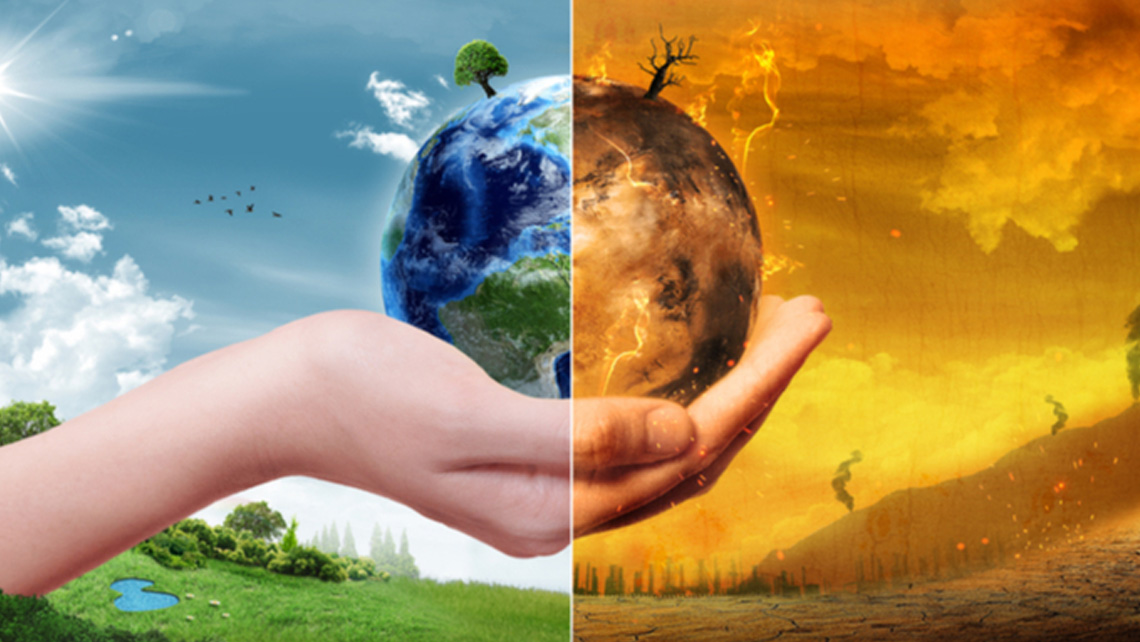In December 2015, Nigeria was among the 196 countries that cosigned a United Nations treaty committed to limiting global warming levels to below 2 degrees Celsius by mid-century, called The Paris Agreement. This treaty required each country to reduce their Greenhouse Gas (GHG) emissions through what was termed
a Nationally Determined Contribution (NDC).
Nigeria revised her NDC in 2021 five years after the agreement was effected in November 2016.
The revised NDC includes the reduction of emissions from the waste sector and an increased conditional contribution of 47% on international support, while the unconditional contribution still stands at 20% below business-as-usual by 2030.
Learn more: Nigeria NDC | Process (climatechange.gov.ng)
What this poses in simple terms is that by 2030, Nigeria would have attained her GHG reduction goals for combating climate change.
Now that you have an idea of the nation’s goal in mind, let’s consider the ‘live show’.
The notorious Carbon derivatives which are infamous for being the leading causes of respiratory diseases and their associated deaths, heat waves, and extreme weather conditions among others, are products of the combustion of fossil fuels, and materials such as firewood and charcoal which are used for some industrial processes and preparation of meals in many households in Nigeria.
In order to attain the goals set, the Federal Government has made several intervention programs targeted at ensuring the transition from the utilization of firewood and charcoal, to the adoption of cleaner energy alternatives such as Liquified Petroleum Gas (LPG) and electricity. While the feasibility of the latter is still derailed due to the epileptic nature of the power supply in the country, LPG commonly known as cooking gas has over time replaced cooking with kerosene stoves, firewood, and charcoal. Users of this cooking fuel alternative have in the past commended its affordability and convenience making it our actor (preferred protagonist). Sadly, the same cannot be said of it in recent times.
In early 2021, Nigerians experienced an unexpected hike in the price of LPG to about N7,000 for a 12.5Kg worth of cooking gas, and has been on a steady increase to as high as N10,000 lately.
The price of cooking gas, its availability, and the prevailing economic situation in Nigeria are ruthless antagonists to the country’s NDC goal as many citizens are gradually returning to cooking with charcoal and firewood which are sourced by cutting down forest vegetation. If continued, the state of the climate would be inhabitable as life would be gradually eliminated.
What can be done then? A cliche question, but possible solutions have been proposed by economic and industry experts over time. I only hope that the “invisible” forces that prevent the successful execution of the proposed solutions are tackled very soon, because like we say here “actor no dey die for film”. Cooking gas should thrive!!!





